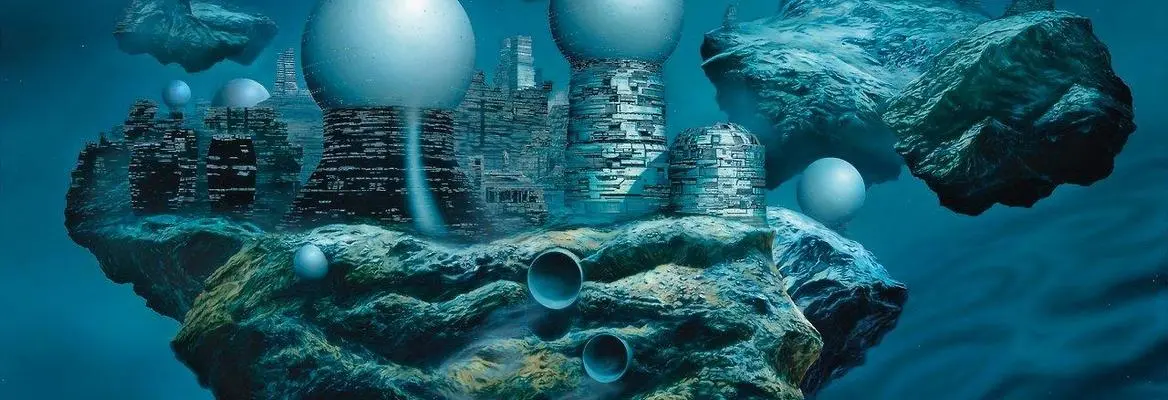The present may be bad, but the future will inevitably be worse. That's the attitude of many of today's environmentalists. With that kind of attitude, is it even possible to avoid a catastrophic crash of human and natural systems? Or can we recover from this path we are on, if only we do something, quickly?
Well, this is the kind of question that is worth asking the scientists who study these problems in a quantitative ecological sense, analysing it as a problem in global energy flows. The Socolow wedge diagrams out of Princeton suggest that yes, it is still possible for us to ratchet back from the edge of catastrophe by decarbonizing quite rapidly, which means applying every single method contemplated as soon and as fully as possible. We’re about at the moment where we’re leaving the cliff’s edge, but that’s better than running the numbers and finding you’re already out in space.
There are well-articulated plans to get back to solid ground coming from many places, including Lester Brown and his Earth Policy Institute; their ‘Plan B 3.0’ is a fairly detailed plan of action. Indeed many government agencies and NGOs and institutions around the world are busy articulating these plans, and it’s reassuring to think that we’re not living in an utter fantasy of salvation. Practical plans have been proposed, and there really still are grounds for hope. But we have to act.
So the question of history returns. How do we act on what we know? The time has come when we have to solve this puzzle, because the future, from where we look at it now, is different than past futures. Before we just had to keep on trying to do our best, and we would be OK. Things seemed to slowly get better, for some people in some places anyway; in any case, we would keep trying things, and probably muddle through. This is no longer the case.
Now the future is a kind of attenuating peninsula; as we move out on it, one side drops off to catastrophe; the other side, nowhere near as steep, moves down into various kinds of utopian futures. In other words, we have come to a moment of utopia or catastrophe; there is no middle ground, mediocrity will no longer succeed. So utopia is no longer a nice idea, but a survival necessity. This is a big change. We need to take action to start history on a path onto the side of the peninsula representing one kind of better future or another; the details of it don’t matter, survival without catastrophe is what matters.
In essence the seven billion people we have, and the nine to ten billion people we’re likely to have, exist at the tip of an entire improvised complex of prostheses, which is our technology considered as one big system. We live out at the end of this towering complex, and it has to work successfully for us to survive; we are far past the natural carrying capacity of the planet in terms of our numbers. There is something amazing about the human capacity to walk this tightrope over the abyss without paralysing fear. We’re good at ignoring dangers; but now, on the attenuating peninsula, on the crazy tower of prostheses – however you envision it, it is a real historical moment of great danger, and we need to push hard for utopia as survival, because failure now is simply unacceptable to our descendants, if we have any.















Join the conversation